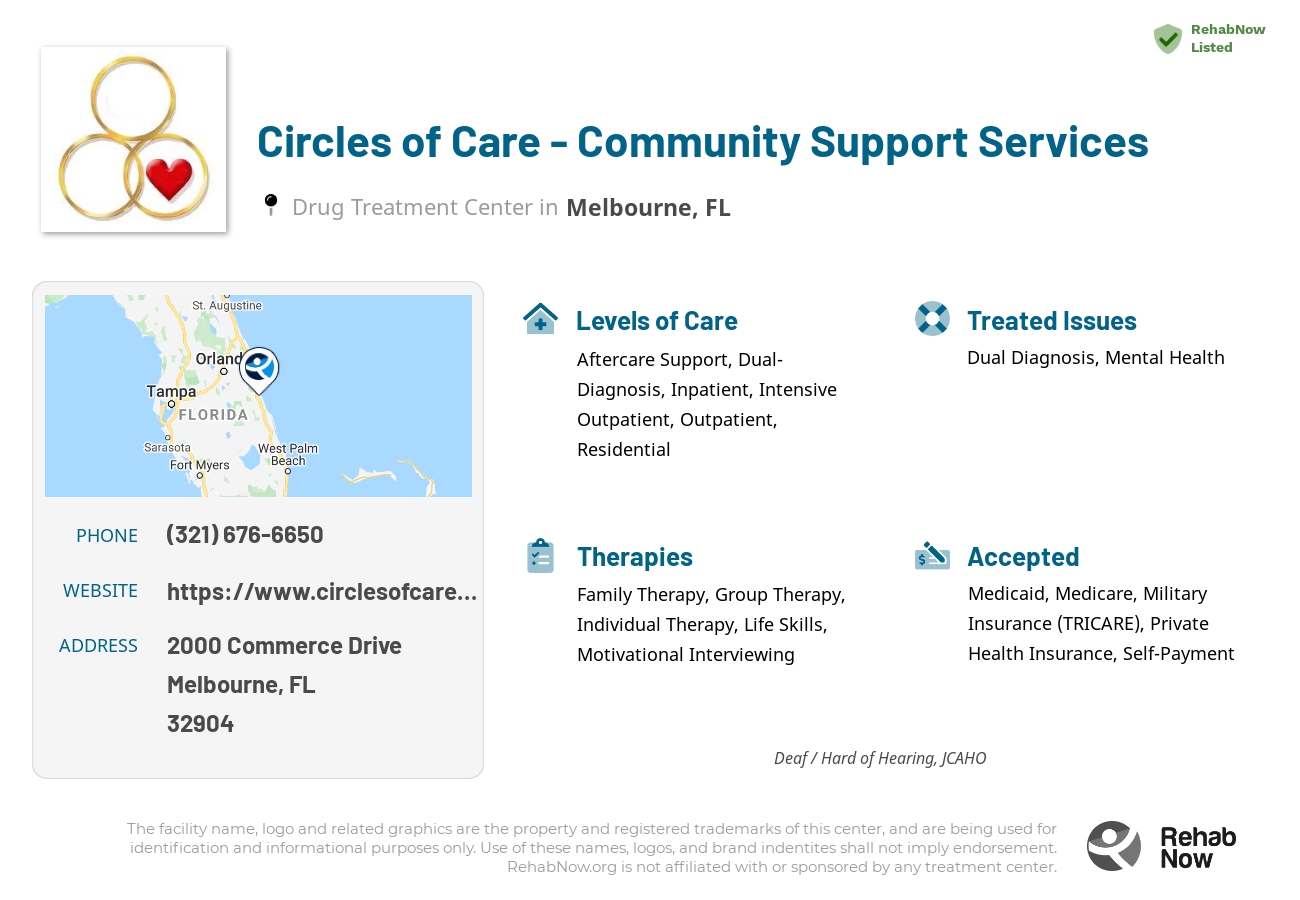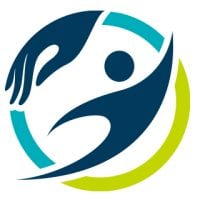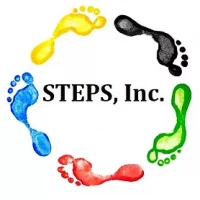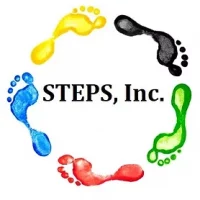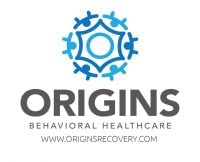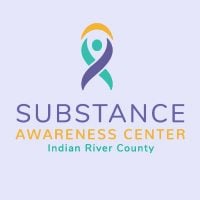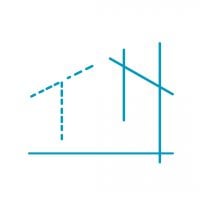
Circles of Care - Community Support Services
Drug Rehab Center in Melbourne, Florida
- Mental Health
- Dual Diagnosis
Circles of Care - South Area Outpatient in Melbourne, Florida is a reputable addiction treatment facility that offers a range of comprehensive services for individuals struggling with addiction and substance abuse, including Dual Diagnosis, Mental Health, Alcoholism, and Opioid Addiction treatment, with various levels of care and Aftercare Support.
About This Florida Facility
Circles of Care - South Area Outpatient is a reputable addiction treatment facility located in Melbourne, Florida. They are accredited by the Joint Commission on Accreditation of Healthcare Organizations (JCAHO), ensuring that they meet rigorous quality standards in providing effective care. The facility specializes in Dual Diagnosis, Mental Health, Alcoholism, and Opioid Addiction treatment. They offer a range of levels of care, including Aftercare Support, Inpatient, Intensive Outpatient, Outpatient, and Residential programs. Circles of Care - South Area Outpatient is affiliated with Circles of Care, a well-established organization dedicated to providing comprehensive mental health and substance abuse services.
Circles of Care - South Area Outpatient in Melbourne, Florida offers a multitude of services for individuals struggling with addiction and substance abuse. Their team of professionals is experienced in treating Dual Diagnosis, Mental Health, Alcoholism, and Opioid Addiction. They provide individualized treatment plans that cater to the unique needs of each person. Beyond traditional outpatient services, Circles of Care - South Area Outpatient also offers Inpatient and Residential programs, ensuring that their clients have access to comprehensive and intensive care when necessary. Additionally, they provide Aftercare Support to assist individuals in maintaining their sobriety and transitioning back into daily life. Partnered with Circles of Care, this facility strives to provide holistic care to those seeking help with addiction and mental health issues.
Genders
Ages
Modality
Additional
Accreditations

JCAHO
Conditions and Issues Treated
Dual-Diagnosis
Dual Diagnosis refers to someone who is both dealing with addiction and another mental health issue.
There are different kinds of Dual Diagnosis: A person who simultaneously experiences both a mental illness and an addiction disorder. Or, a person who experiences one or more coexisting (simultaneous) mental health conditions in addition to a primary substance use disorder.
Some conditions that commonly co-occur with addiction include:
- Personality Disorders (Borderline, Narcissistic)
- Mood Disorders (Bipolar Disorder, Depression, Anxiety Disorder)
- PTSD (Post Traumatic Stress Disorder), OCD (Obsessive Compulsive Disorder), ADHD (Attention Deficit Hyperactivity Disorder)
- Schizophrenia, Psychosis, Hallucinations, Delusions
Dual Diagnosis (Co-Occuring Disorders), Mental Health
Levels of Care Offered at Circles of Care - Community Support Services
This center offers a variety of custom treatment tailored to individual recovery. Currently available are Aftercare Support, Dual-Diagnosis, Inpatient, Intensive Outpatient, Outpatient, Residential, with additional therapies available as listed below.
Inpatient Rehab in Melbourne, FL
Individuals who are suffering from severe addiction or have a high risk for dangerous health concerns are often recommended to receive inpatient treatment.
Choosing to enter an inpatient treatment program is beneficial for people who are suffering from severe addiction, or who have a high risk for dangerous health concerns.
Inpatient treatment is beneficial for:
- People who have a history of severe withdrawal.
- People who have attempted to overcome addiction on their own without success.
- People who have a history of relapse, or have recently relapsed.
- People at risk for drug overdose or withdrawal-related complications.
- People with medical conditions that are worsened by drug or alcohol use.
Intensive Outpatient (IOP)
Outpatient addiction treatment is beneficial for people who are able to function well in their day-to-day lives. It is recommended for people who are not yet ready to end their relationships with friends or family members who might be encouraging drug and alcohol use.
Intensive outpatient treatment is beneficial for:
- People who are able to attend treatment more than 3 times per week.
- People who do not meet the criteria for inpatient treatment.
- People who are able to contribute to their own recovery outside of the treatment center.
- People who are motivated towards recovery.
- People who are able to overcome addiction on their own without the need for higher levels of care.
Melbourne, FL Outpatient Program
Outpatient treatment programs provide drug and alcohol addiction treatment through individual sessions with a counselor, group therapy, 12-step meetings, and other activities to help individuals gain sober living skills. Most programs are designed for those individuals who have completed a medically supervised detoxification program and provide opportunities for clients to begin the process of early recovery.
Outpatient programs also offer a level of medical support as needed and psychological backing through therapy. Clients are encouraged to live at home, though there may be some flexibility regarding this requirement based on the circumstances and needs of each patient.
Outpatient treatment is perhaps the most common type of dual diagnosis program available. It does not pose a significant financial burden on patients. However, it is essential to note that outpatient treatment does not provide the support and supervision given in residential programs. Some addicts may need this level of support to maintain their sobriety.
Residential treatment programs are those that offer housing and meals in addition to substance abuse treatment. Rehab facilities that offer residential treatment allow patients to focus solely on recovery, in an environment totally separate from their lives. Some rehab centers specialize in short-term residential treatment (a few days to a week or two), while others solely provide treatment on a long-term basis (several weeks to months). Some offer both, and tailor treatment to the patient’s individual requirements.
People who have completed a rehab program often need continued support from the addiction treatment team in order to remain abstinent from drugs and alcohol. Aftercare can be beneficial for personal, social, and emotional growth.
Common aftercare options include:
- Individual Therapy – this type of addiction counseling is available on a one-on-one basis. This can be beneficial for people with a high degree of emotional turmoil and a strong desire to overcome addiction.
- Group Therapy – this type of addiction counseling is available in a group setting. This type of treatment can be beneficial for people who are unable to attend regular therapy appointments due to other responsibilities.
- Family Therapy – this type of addiction counseling is available to the family members of addicts. This can be beneficial for people who are unable to fully comprehend what their loved ones are experiencing due to addiction.
Therapies & Programs
Individual Therapy
Therapy sessions focused on the individual addict can provide much-needed guidance as they work toward overcoming their addiction. These types of sessions typically involve guidance from a therapist, who will help addicts identify and process their feelings and cravings.
During these sessions, addicts may develop plans for coping with the triggers that typically lead to relapse and learn how to avoid those triggers during their recovery process.
Family Counseling + Therapy
The main goal of family therapy for drug addiction is to create an environment where communication can occur without judgment, hostility, or blame that often occurs within a family.
Family therapy is a type of group problem-solving that aims to improve communication and relationships between the patient, their family, and sometimes friends. The therapist is with the family as they learn to communicate with each other differently, especially with the addict when s/he is using.
The family can learn to reduce their enabling behavior or rally together and support each other during tough times. The patient also learns how to deal with their addiction and maintain sobriety while interacting with the family.
Different types of addiction treatment services are available. Within this article, group therapy is of interest due to its high success rate compared to individual therapy. Group therapy settings are beneficial because they allow recovering addicts to build a strong support network.
Benefits of group therapy are:
- Reduces feelings of isolation
- Immediate access to social support in the form of fellow addicts in recovery
- Lowers risk of relapse
- Increases rate of sobriety
- Builds coping skills that can be applied to everyday life
REBT stands for rational emotional behavior therapy. This type of cognitive-behavioral therapy, or CBT, combines images with thoughts and behaviors to provide deep self-help education in the process of recovery from addiction.
It’s important because it allows one recovering addict to work through their issues on their knowledge they have support if needed.
Rational Emotive Behavioral Therapy (REBT) is based on the idea people operate under many irrational but habitual patterns of thought which fuel harmful practices and feelings. As one learns to identify these destructive patterns, one can replace them with healthier thoughts and behaviors.
Those struggling with addiction in Florida can benefit from learning certain life skills. It is not as simple as quitting drinking or taking drugs and thinking that the hard part is over. Being sober means living a whole new way of life. Many recovering addicts have found that they need to develop talents like time management, organization, communication skills, socialization skills, and self-esteem to make their life in sobriety work.
Drug and alcohol addiction can lead to a breakdown in life skills. Learning certain life skills can help those who are struggling with addiction. Life skills training at Circles of Care - Community Support Services in Melbourne, FL teaches patients skills such as time management, budgeting, and social abilities to improve their quality of life and prevent relapse.
An addict’s life skills are maladaptive, meaning they are counterproductive. An addict may have learned poor time management skills growing up, have a hard time budgeting money, or be socially awkward. An addict’s poor life skills can lead to relapse and the inability to achieve long-term sobriety. Life skills training teaches patients effective coping mechanisms, which can help them live a clean and sober life.
Aftercare, Cognitive Behavioral Treatment (CBT), Dual-Diagnosis, Family Therapy, Group Therapy, Individual Therapy, Inpatient Treatment, Intensive Outpatient (IOP), Life Skills, Motivational Interviewing, Outpatient Treatment (OP), Residential Long Term (>30 Days), Sober-Living / Half-Way
Payment Options Accepted
For specific insurance or payment methods please contact us.
Is your insurance accepted?
Ask an expert, call (888) 674-0062
Circles of Care Associated Centers
Discover treatment facilities under the same provider.
- Circles of Care - Sheridan Oaks and Twin Rivers in Melbourne, FL
- Circles of Care - Central Area - Cedar Village in Rockledge, FL
- Circles of Care - Outpatient in Melbourne, FL
- Circles of Care - South Area in Melbourne, FL
- Circles of Care - Outreach Services in Melbourne, FL
Learn More About Circles of Care Centers
Additional Details
Specifics, location, and helpful extra information.
Melbourne, Florida 32904 Phone Number(321) 676-6650 Meta DetailsUpdated November 25, 2023
Staff Verified
Patient Reviews
There are no reviews yet. Be the first one to write one.
Melbourne, Florida Addiction Information
Florida is one of the nation's epicenters for substance abuse and drug-related overdoses. In 2014, around 410,000 Florida residents were addicted to drugs and alcohol. Over the last 10 years, 12% of all deaths in the state were attributed to substance abuse. Treatment admissions for alcohol reached 24,329 patients in 2016, and 2.5% of Florida high school students admitted to using crack cocaine.
The drug addiction problem in Melbourne, Florida, is relatively bad. About 9.4% of Melbourne residents reported using illicit drugs. Cocaine was the most common drug involved in overdose deaths. Heroin was involved in 22% of overdose deaths, while prescription opioids were involved in 38%. Drug treatment in Melbourne depends on the facility. However, most drug rehab centers will offer a variety of treatments, such as therapy, medication, and support groups.
Treatment in Nearby Cities
- North Miami, FL (155.1 mi.)
- Quincy, FL (293.4 mi.)
- Wellington, FL (101.8 mi.)
- Floral City, FL (109.7 mi.)
- Macclenny, FL (175.4 mi.)
Centers near Circles of Care - Community Support Services
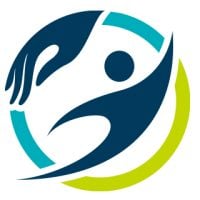
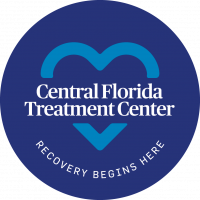
The facility name, logo and brand are the property and registered trademarks of Circles of Care - Community Support Services, and are being used for identification and informational purposes only. Use of these names, logos and brands shall not imply endorsement. RehabNow.org is not affiliated with or sponsored by Circles of Care - Community Support Services.



